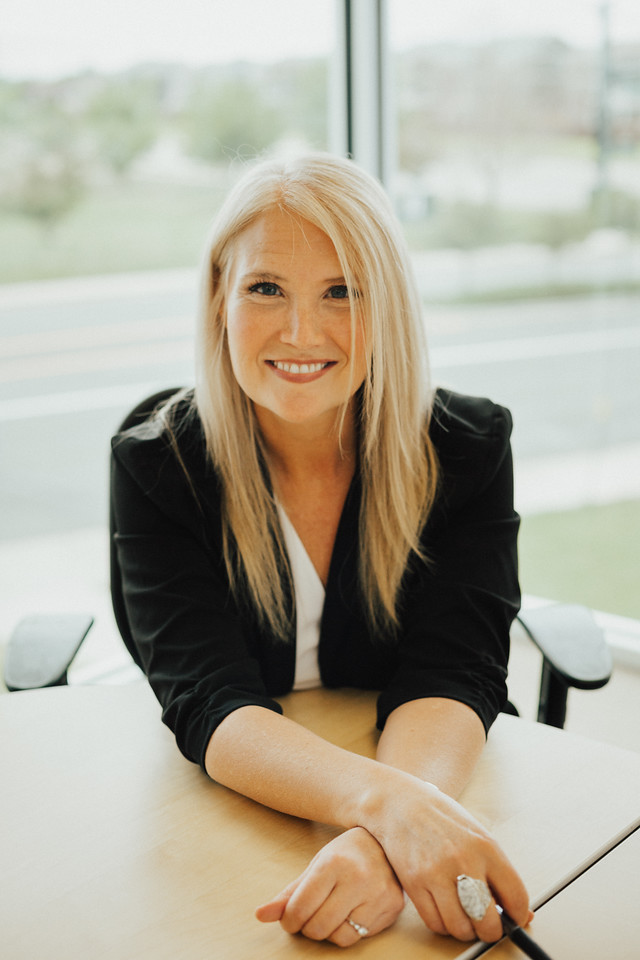Alright – so today we’ve got the honor of introducing you to Johanna Spille. We think you’ll enjoy our conversation, we’ve shared it below.
Hi Johanna, so happy to have you on the platform and I think our readers are in for a treat because you’ve got such an interesting story and so much insight and wisdom. So, let’s start with a topic that is relevant to everyone, regardless of industry etc. What do you do for self-care and how has it impacted you?
Working with individuals who have experienced severe trauma can deeply impact one’s emotional and mental well-being. At Covered, we recognize the critical importance of self-care and take a structured approach to it, understanding that self-care is not a luxury but a necessity in this field. Our framework involves a “pre-storm, storm, and post-storm” approach, acknowledging that life’s challenges are inevitable, but preparation and reflection can help mitigate their impact.
Pre-storm self-care focuses on preparation and prevention. For me, this means maintaining a foundation of healthy habits—eating well, prioritizing rest, engaging in regular exercise, and intentionally making time for family and friends. I also schedule moments to recharge and reflect. These practices help build resilience and ensure that I am better equipped to handle challenging situations when they arise.
During the storm, I rely on a personalized plan that I’ve developed with specific strategies to support myself in difficult times. This might include seeking additional support, setting boundaries, or practicing mindfulness. Having this plan allows me to navigate the harder days with clarity and purpose.
Finally, the post-storm phase involves reflection and evaluation. I take time to assess what worked and what didn’t during the storm. If necessary, I adjust my pre-storm plan to better prepare for future challenges.
This intentional approach not only sustains my effectiveness as a leader but also models healthy habits for my team. I require my staff to create their own self-care plans because I firmly believe that a resilient and well-supported team is better able to serve those who depend on us.
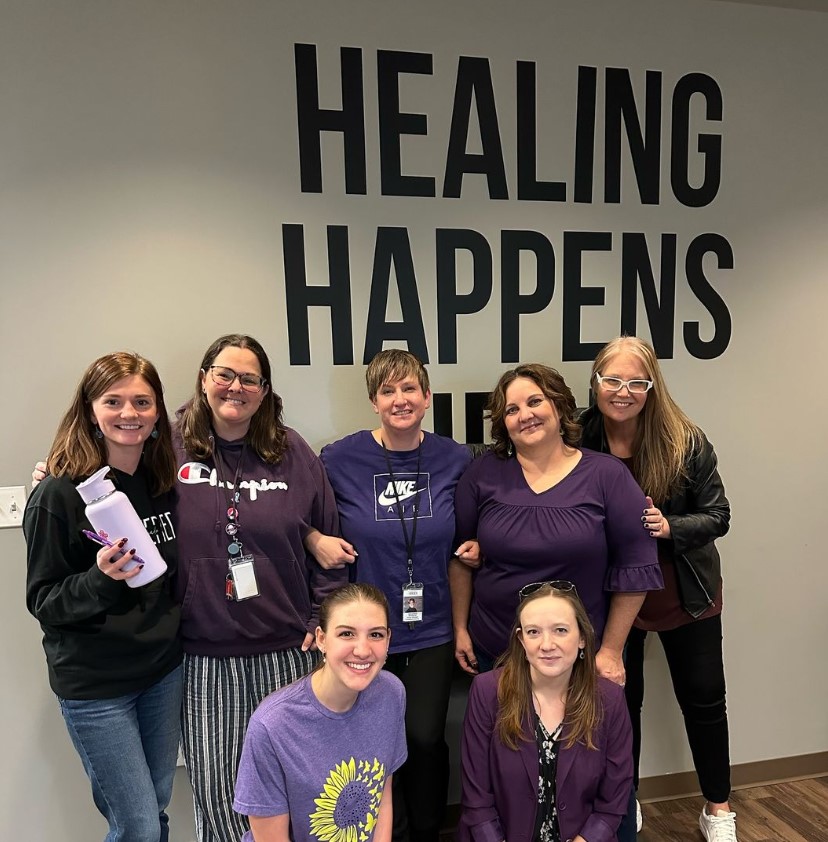
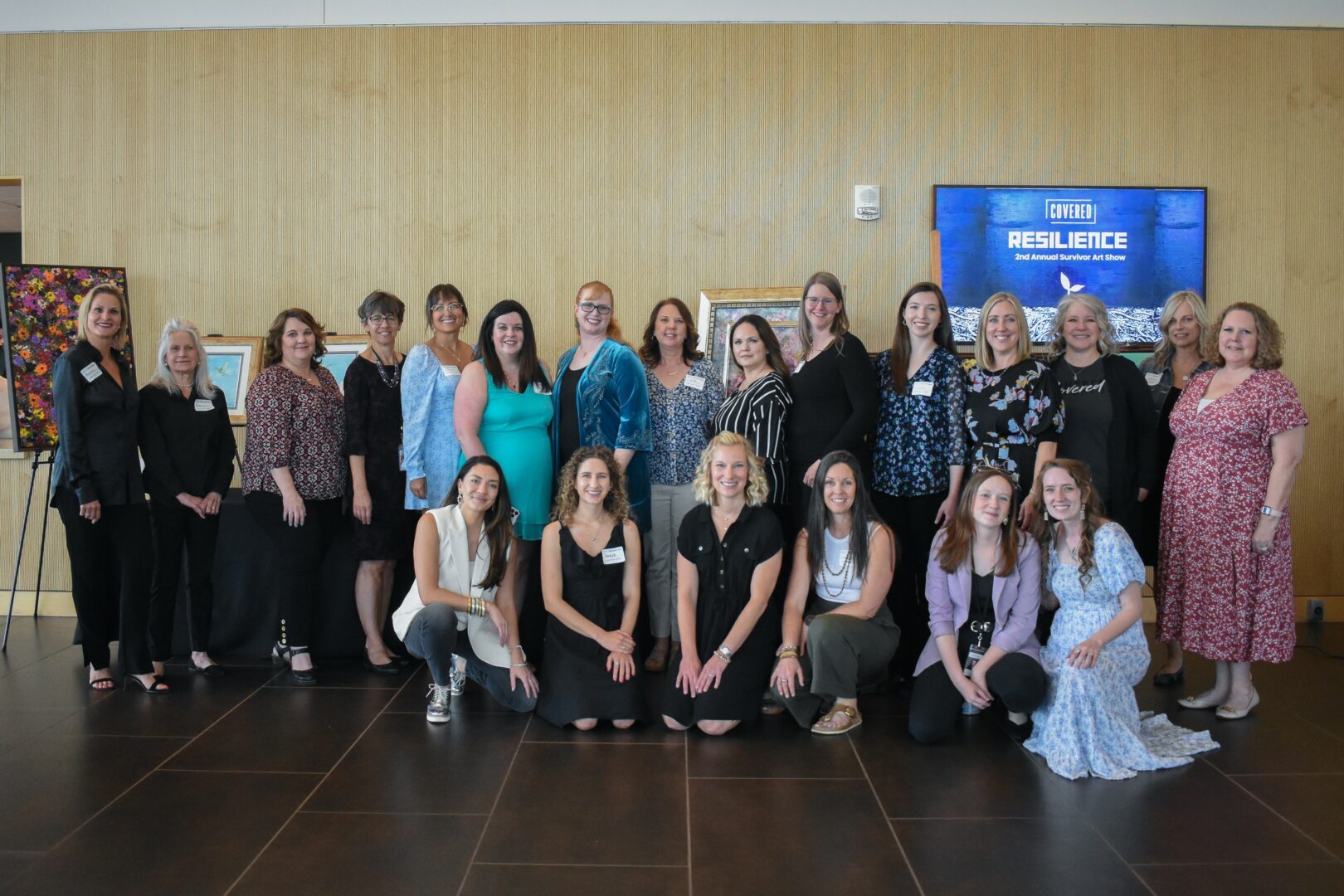
Thanks, so before we move on maybe you can share a bit more about yourself?
At Covered, we are deeply committed to providing safe housing and comprehensive care to survivors of human trafficking. Our mission is to walk alongside survivors on their journey to healing and self-sufficiency by creating a supportive environment where they can rebuild their lives. We offer short-term crisis housing, long-term program housing, and aftercare services, ensuring that survivors have access to safety, counseling, case management, job readiness training, and opportunities to build healthy community connections.
This work is more than just a job for me—it is a calling. I am deeply passionate about creating spaces where survivors can feel safe, seen, and supported as they rediscover their worth and build new futures. I believe in the power of hope and the importance of providing tangible resources and compassionate care to those who have endured unimaginable hardships. Seeing survivors take steps toward healing and independence fuels my passion and strengthens my resolve to continue advocating for them and ensuring they have the tools and support they need to thrive.

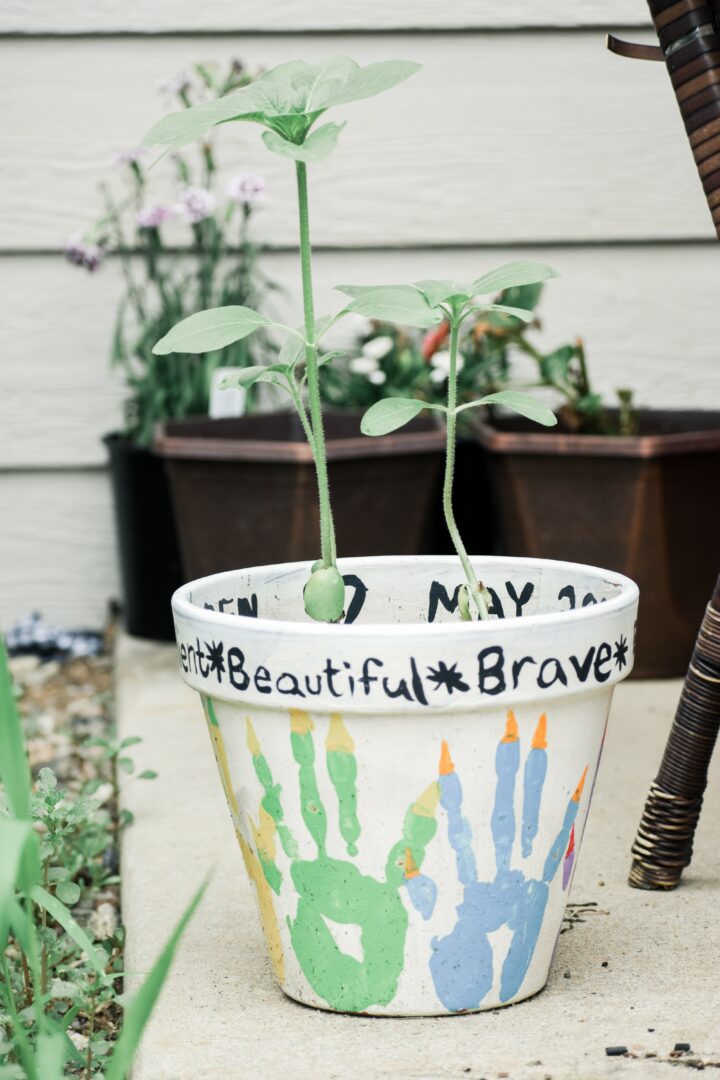
If you had to pick three qualities that are most important to develop, which three would you say matter most?
Integrity, Resiliency, and Healthy Communication
Integrity: In my work, integrity is essential. I prioritize doing what is right, even when it’s difficult. This means leading by example, maintaining transparency with my team and stakeholders, and making decisions that are in the best interest of the survivors we serve. Upholding integrity fosters trust and creates a foundation for the safe and supportive environment that survivors need.
Resiliency: Working in the field of anti-trafficking requires the ability to navigate challenges with strength, adaptability, and perseverance. My faith plays a significant role in fostering that resiliency. It serves as a source of hope and perspective, grounding me during difficult moments and reminding me of the greater purpose behind this work. My faith not only strengthens my ability to face challenges but also renews my passion to serve survivors with compassion and dedication.
Healthy Communication: Clear, compassionate, and intentional communication is vital in building relationships with survivors, staff, and partners. Healthy communication allows me to listen actively, address conflicts constructively, and foster collaboration within my team. It also ensures that survivors feel heard and understood, which is a critical part of their healing process.

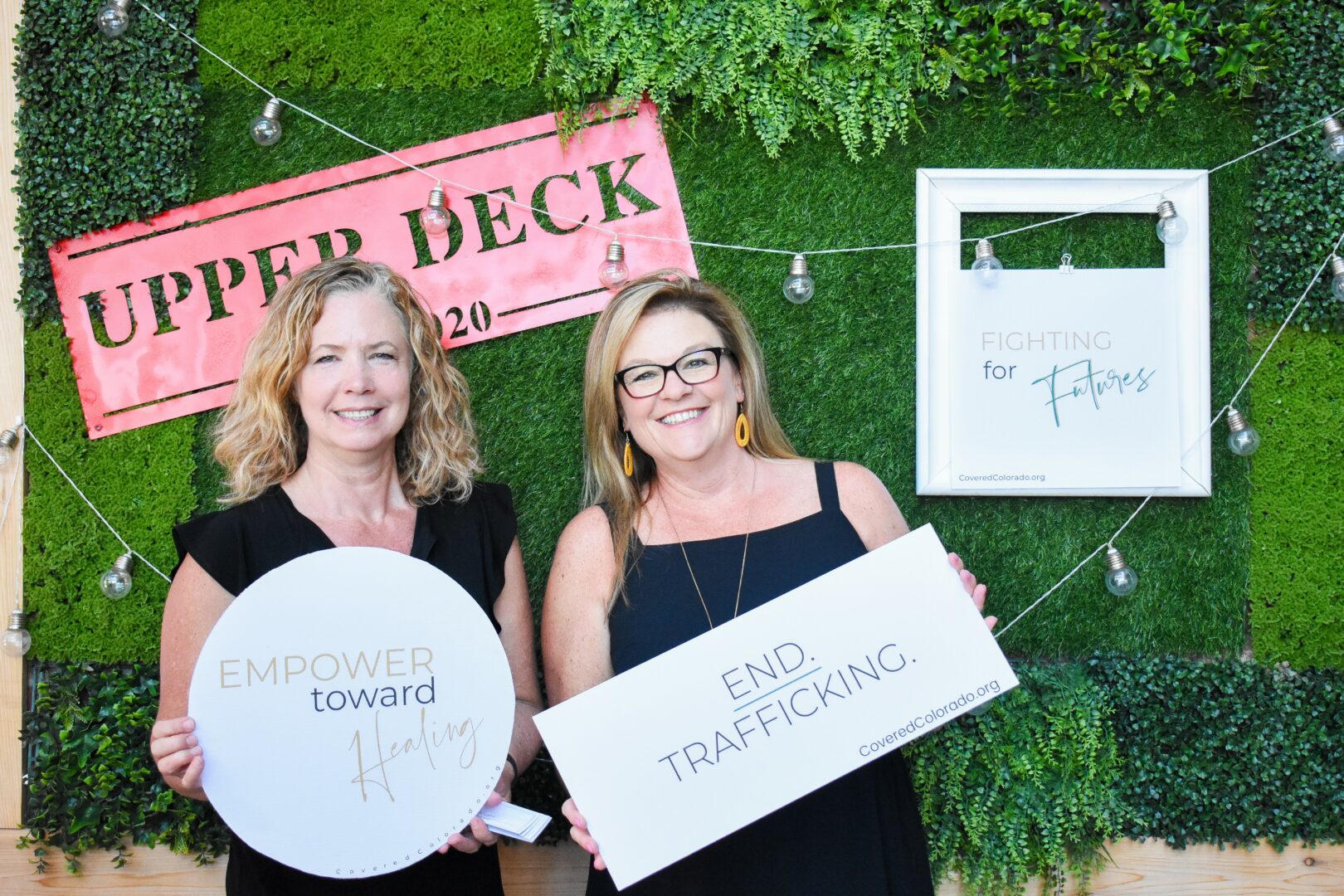
Awesome, really appreciate you opening up with us today and before we close maybe you can share a book recommendation with us. Has there been a book that’s been impactful in your growth and development?
Understanding how trauma works is essential because trauma doesn’t just affect someone’s emotional state—it leaves a lasting imprint on their physical health, relationships, and ability to navigate the world. This book highlights the ways trauma alters the brain’s functioning, disrupting the ability to feel safe, process emotions, and form healthy connections. It underscores the importance of a trauma-informed approach, which acknowledges these challenges and focuses on creating an environment where survivors can begin to heal.
For me, The Body Keeps the Score has reinforced the importance of incorporating holistic care into our programs. It’s not enough to offer safety; we must also provide tools and resources to help survivors process their experiences and rebuild their lives. This includes everything from counseling and somatic therapies to life skills training and community support. The insights from this book have not only deepened my empathy but also equipped me with practical strategies to help survivors move toward healing and wholeness.
It reminds me daily that recovery is not a one-size-fits-all process, and healing requires patience, intentionality, and an understanding of the complex ways trauma affects the human experience.
Contact Info:
- Website: https://www.coveredcolorado.org

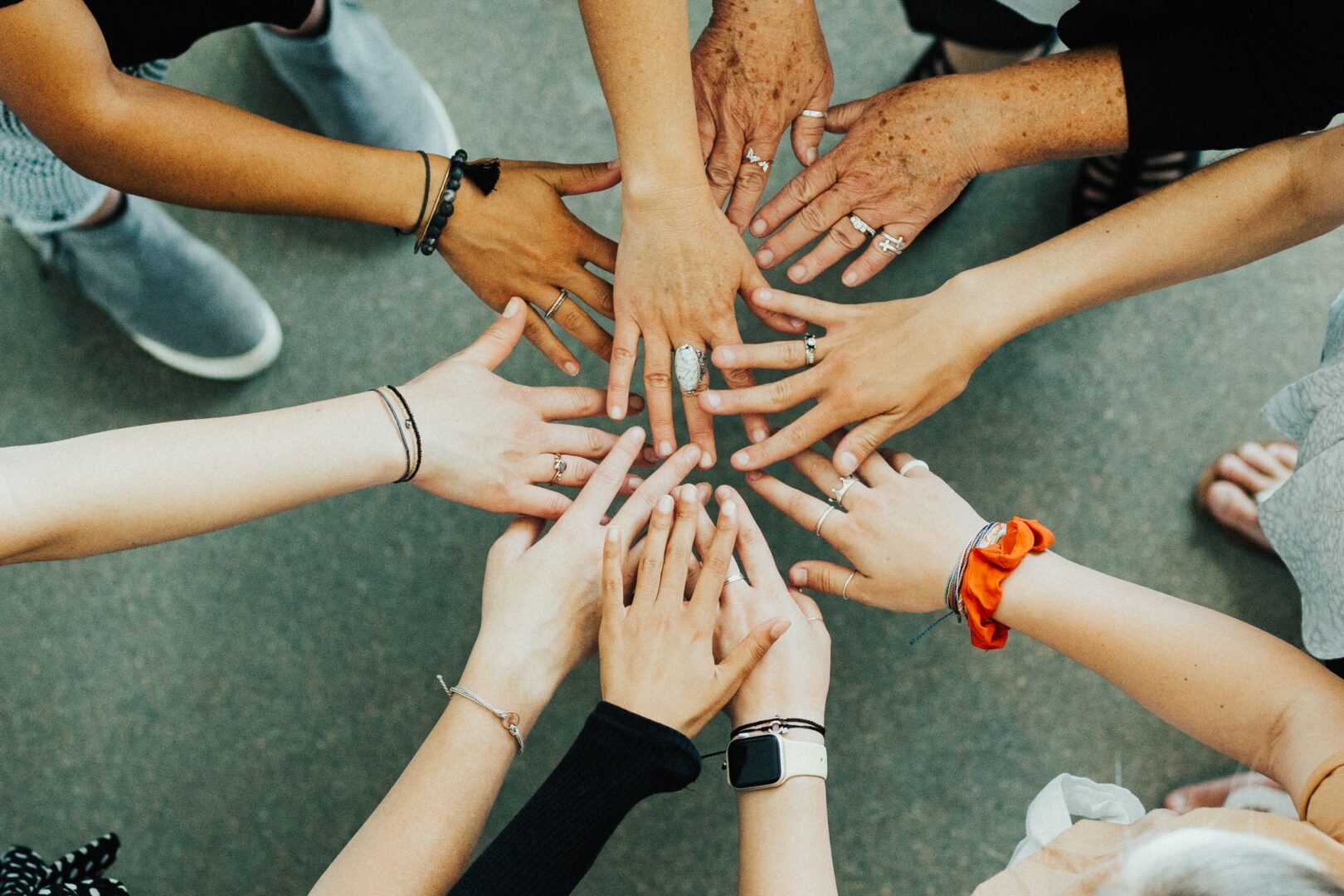
Image Credits
Alina Lynn Photography
so if you or someone you know deserves recognition please let us know here.

